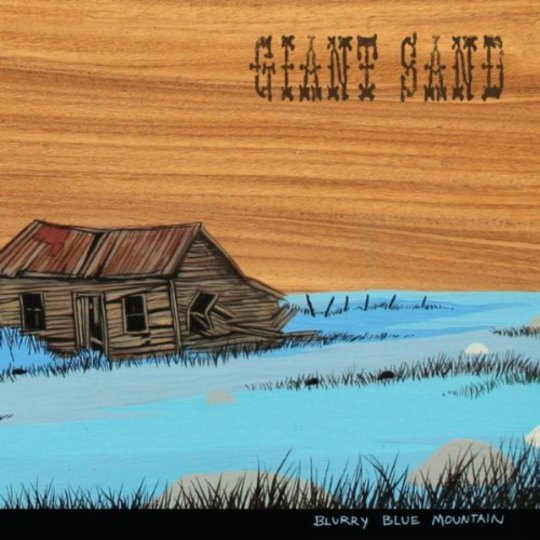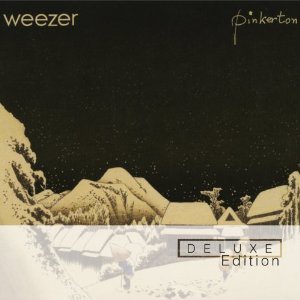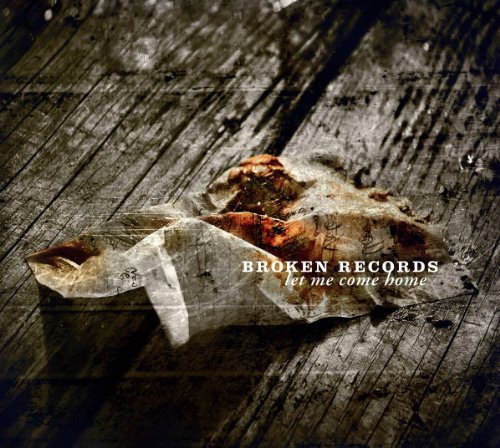It isn't often you find something connecting the South Korean football team, Salvador Dali, and the band up for review; so it's best to mention it at the beginning. During the 1994 World Cup, it was mooted that the entire Korean team had undergone hypnosis to overcome a perceived inferiority to their next opponents, the mighty West Germany. They battled to a 3-2 defeat, which was as close to a win as they were ever likely to get. Salvador Dali, so the legend goes, used to doze off with a key in his hand, which was suspended over a plate. When he relaxed to the point where he was falling asleep, the key would fall from his hand, hit the plate, and wake him up. In a near frenzy, he would dash off the beginning of a new work, fragments of dreams still available to his waking mind.
What brings those two anecdotes together are altered states of awareness; in one, the Korean squad were enabled by suggestions that they were the equals of their West German counterparts in the hypnagogic state; Dali was at a similar point when stirred from his slumber. Howe Gelb, leader of Giant Sand has mentioned experimenting with recording Blurry Blue Mountain in the 'space between the waking world and the sleeping one'. Which brings the questions. Firstly: why not just record in the waking world? And secondly, which camp does the album fall in; the workmanlike defeat of Kim Ho Kon's valiant team, or the crazed brilliance of Dali?
To the question of the waking world... they've been there and done that, again and again. Giant Sand have officially been together in one form or another since 1985, chugging out better than average alt.Americana fare since I was a little boy. And time has a habit of making a man weary for the creativity and fire of his youth. Setting up a situation where a band is operating out of their comfort zone to make things happen was going on well before Eno's oblique strategies, and this is just another example. Frankly, after such a long time together, more power to Gelb's elbow for trying to keep things fresh.
This isn't to say the experiment is always a roaring success. It's a hit and miss affair, with seemingly slack train of consciousness jams rubbing shoulders with other songs that frankly dwarf them. The ratio is about one in three, but on the plus side, when the good songs hit, they hit big. After a slow start, 'Monk's Mountain' finally pulls everything together, the guitar firing off cold notes into the dark Western distance. This is music for hitch-hikers, drifters, loners. By journeymen for journeymen, if you like. At other times, it's the music of the barlight. 'Ride The Rail', an apt title if ever there were one, has a briskly shuffling backbeat disguising a vibe so laid back it leans forward.
'Thin Line Man' is more menacing, psycho on the edge territory, and recalls the ambience of Twin Peaks. In fact, a lot of the songs have a strangely strong Lynchian quality to them. 'Better Man Than Me' is more of the same, faster and harder, with a screaming guitar line that leaves a long lasting memory well after the album has finished. The real peach, though, is saved until last. 'Love A Loser' is a beautiful piano ballad that evokes 'Fairytale of New York' and Tom Waits' downbeat jazz numbers. The perfect defeated melody is so at odds with the rest of the album it is hard to believe that it's the same band, and deliberately left in piano mistakes only add to the simple charm. Lonna Kelly makes a guest vocal appearance and instantly steals the show; her voice is childlike and clear, beautifully offsetting Gelb's grizzled tones. But the master-stroke comes a little too late in the day to save the album from the swathes of average material that came before. Blurry Blue Mountain is another late career album that falls in the 'good enough to listen to, not quite hot enough to buy' category. The highlights will bolster their setlists, the rest will clog up your hard drive.
-
7Tom Perry's Score






















